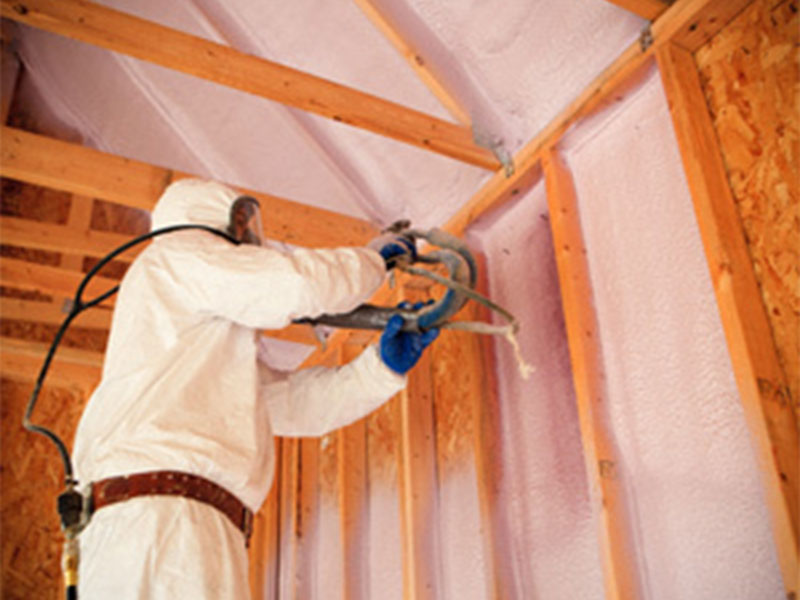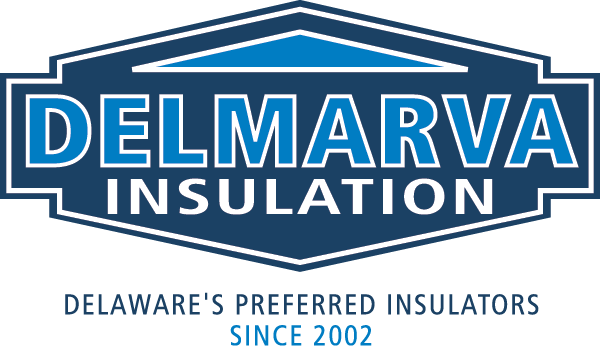Remodeling your home is a big investment, and you want every dollar to count. One of the smartest home improvements you can make is adding insulation. It’s an upgrade that delivers excellent energy savings, improves comfort, and even increases your home’s value.
Cost Savings & ROI
Adding insulation—especially in the attic—consistently ranks as one of the highest-ROI (return on investment) home improvements. In fact, Remodeling Magazine’s Cost vs. Value Report found that adding insulation can deliver over 100% return on investment, meaning it adds more value to your home than the project costs!
Beyond increasing home value, insulating your home reduces heating and cooling expenses too. According to ENERGY STAR, as a homeowner, you can save an average of 15% on your utility bills by improving insulation and air sealing. A well-insulated home is also more attractive to buyers, as energy-efficient homes often sell for 2-3% higher prices than the average home.
Energy Efficiency
Proper insulation slows heat loss, keeping your home warmer in the winter and cooler in the summer. This means your HVAC system doesn’t have to work as hard, leading to significant energy savings. The U.S. Department of Energy estimates that efficiency improvements could cut a typical family’s energy costs by up to 30%.
Beyond lowering your utility bills, insulation works to also reduce your carbon footprint and promote sustainable living.

Comfort & Indoor Air Quality
A well-insulated and air sealed home is a comfortable home. No more cold drafts in winter or hot spots in summer! Additionally, insulation and air sealing help keep out dust, pollen, and pollutants, creating a healthier living space. Proper insulation also helps lessen condensation, reducing the risk of mold and mildew.
Types of Insulation
When planning to improve home energy efficiency, it’s essential to choose the right types of insulation:
Fiberglass Insulation
This traditional insulation is a budget-friendly and widely available option that comes in both batts and blown-in form. Easy to install, it’s naturally non-combustible, has an extensive lifespan and is perfect for attics, walls, and crawl spaces.
Mineral Wool Insulation
Also called rock wool, this insulation is made from volcanic basalt rock and a recycled steel-making byproduct call slag. It’s naturally fire resistant, great for soundproofing, resisting moisture and improving your indoor air quality. It’s ideal for walls, floors, ceilings, roofs, attics, pipes and ducts.
Spray Foam Insulation
Spray foam is a high-performance insulation option that is applied as a liquid and expands into a thick foam. It is the only insulation that air seals and insulates in one step for superior energy savings. It offers the highest R-values per inch (R-6 to R-7 for closed cell spray foam), acts as a moisture barrier, adds structural strength to your home, and lasts for the life of your home. Spray foam’s upfront costs are higher than other options and it requires specialized installation, but it has a high ROI.

Delaware-Specific Considerations
In Delaware, with our humid summers and cold winters, insulating your home is crucial. Unfortunately, many older homes in our area lack adequate insulation by today’s standards. You can change that by upgrading your home’s insulation, especially prioritizing attic insulation.
When you do undergo energy upgrades, don’t miss out on insulation incentives you may qualify for, such as:
- Energize Delaware that offers rebates covering up to 50% of your insulation or air sealing project costs (up to ~$5,000)
- The Energy Efficient Home Improvement Tax Credit that offers a 30% federal tax credit (up to $1,200) for energy upgrades as a part of the federal Inflation Reduction Act.
Best Practices for Remodeling Projects
Attics First
For the most immediate energy savings, start with your attic. Be sure to seal any air leaks before adding insulation to maximize its effectiveness.
Walls and Floors
Whenever exterior walls are opened during renovations, take the opportunity to insulate them. Consider spray foam for both insulation and air sealing or dense packed fiberglass for added sound control. Don’t forget to insulate the floors over unheated areas such as your garage or crawl space.
Basements & Crawl Spaces
If your home has a basement or crawl space, it’s important to adequately insulate them. For basements, insulate the foundation walls to enhance comfort and prevent dampness. For crawl spaces, insulate the walls or rim joists to help maintain a consistent indoor temperature. It’s best to use moisture-resistant insulation, put down a vapor barrier in your crawl space, and consider insulating exposed pipes too.

Work with Professionals
To ensure the best results, it’s important to work with an insulation professional, such as Delmarva Insulation, to ensure proper installation for maximum insulation performance. You may also consider an undergoing an energy audit to assess your home’s insulation needs.
Get Started Today!
If you’re ready to reduce utility bills, enhance your home’s comfort, and get the biggest bang for your remodeling buck, it’s time to upgrade your insulation. At Delmarva Insulation, our expert team will assess your home’s insulation needs and provide professional installation for maximum energy savings. Contact us today to schedule your consultation and free estimate for your Delaware home. If you’re ready to reduce utility bills, enhance your home’s comfort, and get the biggest bang for your remodeling buck, it’s time to upgrade your insulation. At Delmarva Insulation, our expert team will assess your home’s insulation needs and provide professional installation for maximum energy savings. Contact us today to schedule your consultation and free estimate for your Delaware home.
References
Climate.udel.edu. (n.d.). Delaware’s climate. University of Delaware.
Devereinsulationhomeperformance.com. (n.d.). Cost vs. value: Insulation return on investment. Devere Insulation Home Performance.
Energy.gov. (n.d.). Recommended home insulation R-values. U.S. Department of Energy.
Energystar.gov. (n.d.). Air sealing and insulation savings. Environmental Protection Agency.
Homeenergysavings.delmarva.com. (n.d.). Federal tax credits for energy efficiency. Delmarva Power.
Jldrenergysaver.com. (n.d.). How insulation improves indoor air quality. Dr. Energy Saver.
Lawsonhomeservices.com. (n.d.). Delaware energy efficiency rebates. Lawson Home Services.
Myhome.freddiemac.com. (n.d.). Energy efficiency and home value. Freddie Mac.
Todayshomeowner.com. (n.d.). Types of insulation: Pros, cons, and installation. Today’s Homeowner.


